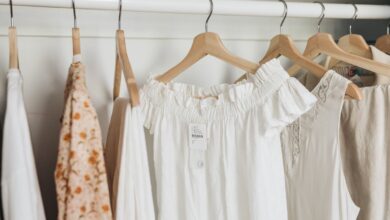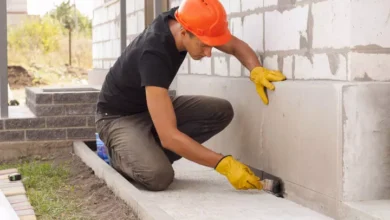A Guide to Plumbing Tools For Beginners
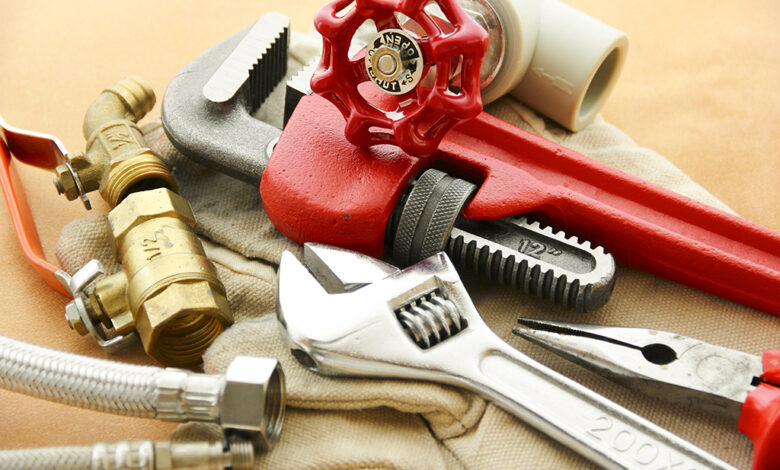
Have you embarked on a journey to become a plumber (here you can find a detailed guide created by StepByStepBusiness)? Plumbing as a profession can be so rewarding if you master plumbing skills and the requisite tools used for the job. As a beginner, it is important to know the basic tools you will encounter in your field of work.
Basic plumbing tools for a beginner
There are many tools used in plumbing ranging from hand tools to heavy machinery. But as a beginner, below are the basic tools you must have as you embark on your plumbing career. But if you’re looking for a plumber, check this website.
1. Wrenches
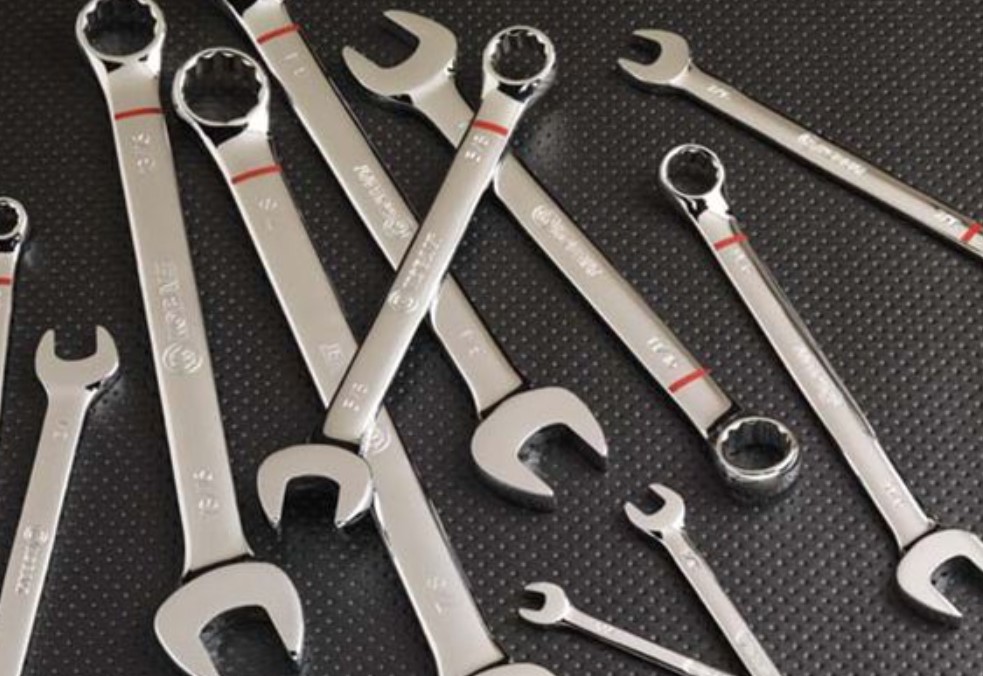
Wrenches are among the most important tool you must have as a plumber. These tools are used for holding, turning, and turning or removing pipes and fixtures during plumbing. This article describes four common wrenches used by plumbers:
- Pipe Wrench
A pipe wrench is used to tighten and loosen fittings in plumbing pipes. Plumbers use two wrenches simultaneously; one for holding the pipe in place, and the other rotates the nut or fits the desired direction. These pipe wrenches range from light to heavy-duty depending on the work it is designed to do.
- Basin Wrenches
These are T-shaped tools normally used to tighten or loosen nuts on faucets to prevent leaking. The clamp-like ending on these wrenches helps reach the hard-to-access nuts, making it easier to loosen or tighten the faucet nuts.
- Adjustable wrench
These wrenches are used to tighten or loosen hexagonal nuts on pipes and fittings. They do not have teeth but flat jaws that help to prevent damaging nuts while gripping and turning the nuts. They come in different sizes, but plumbers’ most common types range between 6 inches to 12 inches.
2. Sill-cock keys
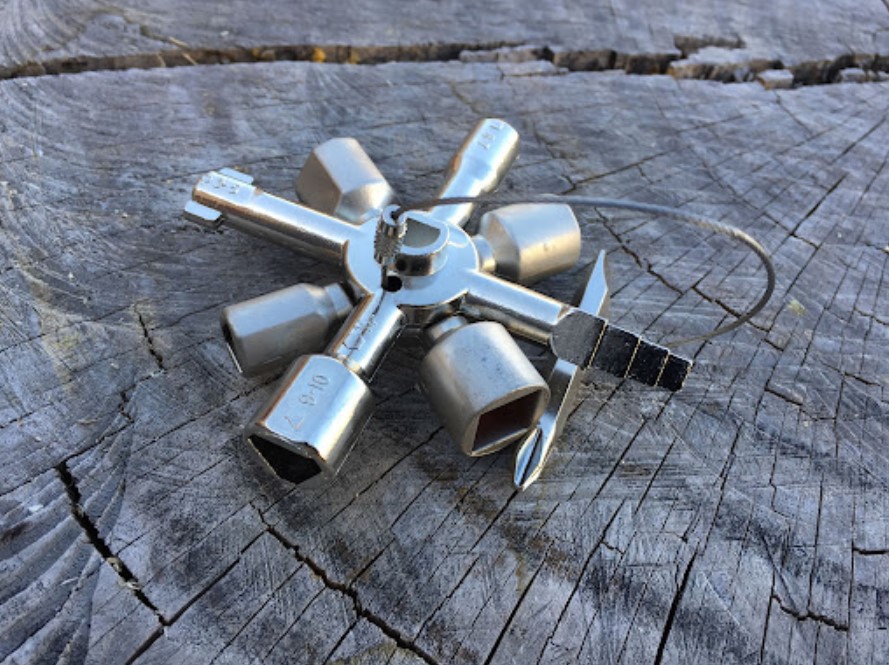
The last wrench tool on our list is sill-cock keys. These are small x-shaped tools normally used for stem fittings. They are used to open and close sill-cock valves. It works by inserting the appropriate size end on the valve stem then turning the key anticlockwise to open the valve or clockwise to close.
3. Pliers
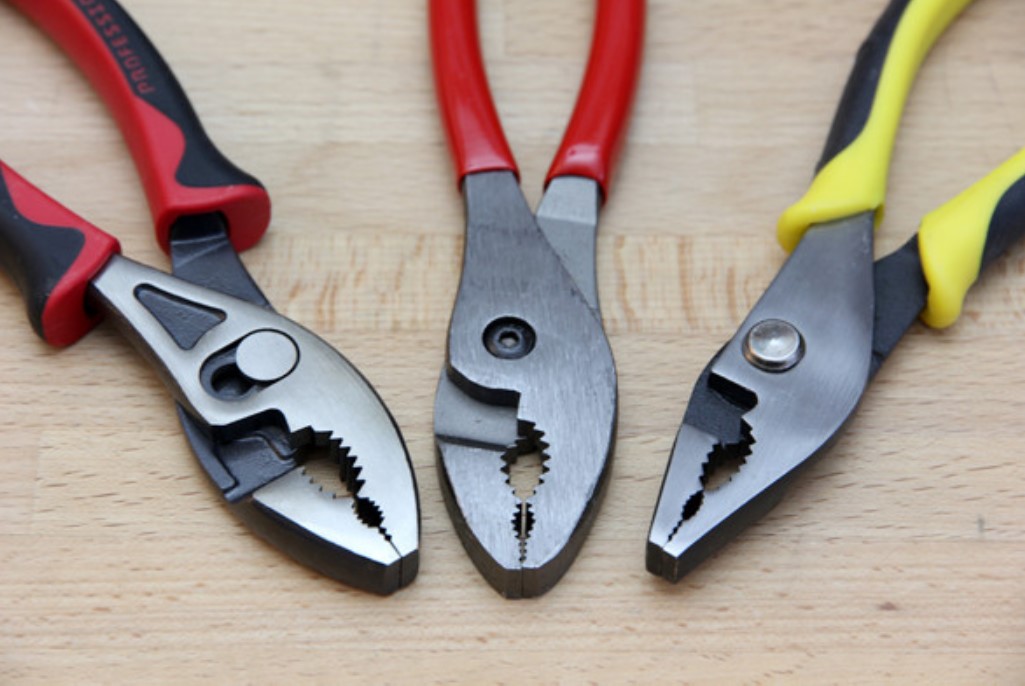
These are some of the common tools used by All Day Plumbing and found in many homes. Many households used them for basic operations like cutting objects and tightening fittings. For plumbers, these are must-have basic tools for plumbing.
Some bolts or nuts may be too small for the wrenches, and this is where pliers come in. They are used to tighten or loosen small nuts and bolts. One of the advantages of these tools is their small size, as they can fit into small spaces that wrenches cannot reach.
4. Blow torch
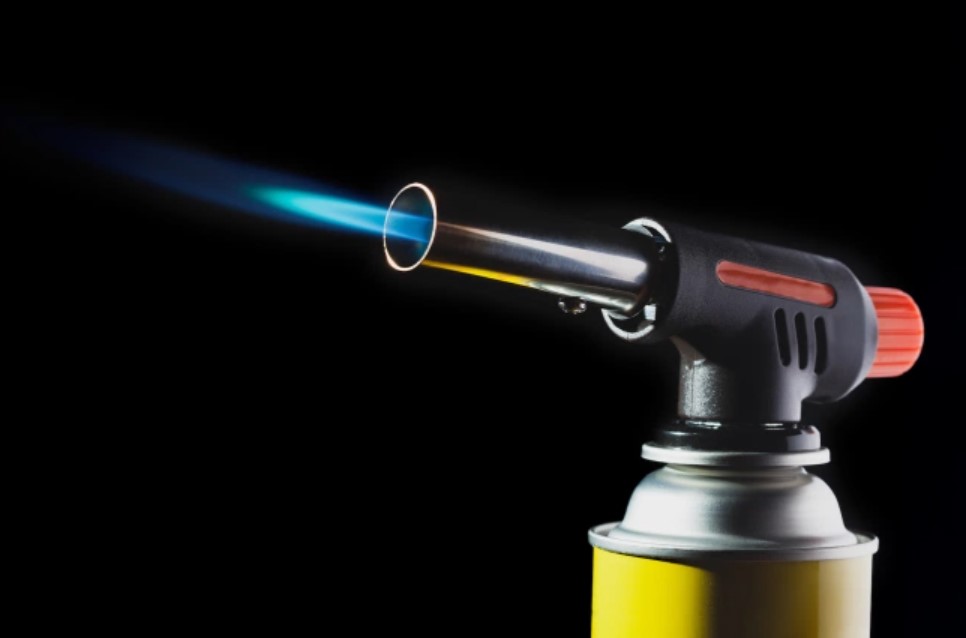
These are small hand-held tools used to heat soldiers for sealing copper pipings. They are normally called propane torches. They use propane gas to generate flame or heat. This is a must-have tool for plumbers.
5. Tape measures
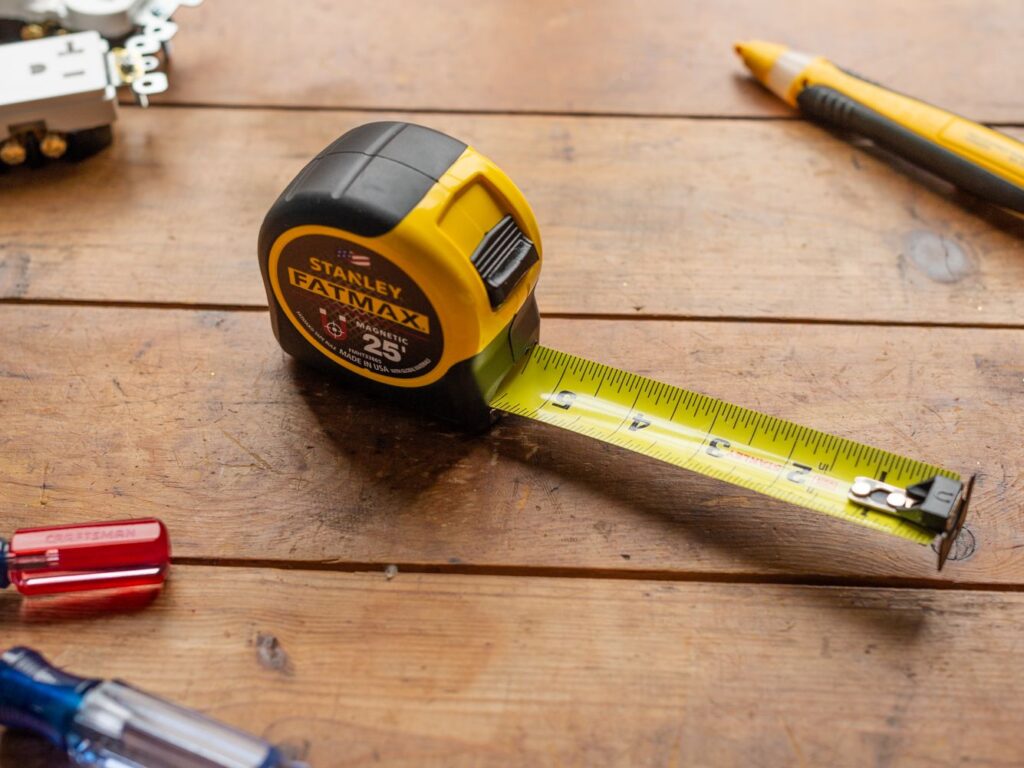
Every plumber must have these tools. A tape measure consists of a calibrated metallic tape that is rolled inside a plastic casing. They are used to measure plumbing dimensions of plumbing systems. A good measuring tape should be portable and durable.
6. Plungers
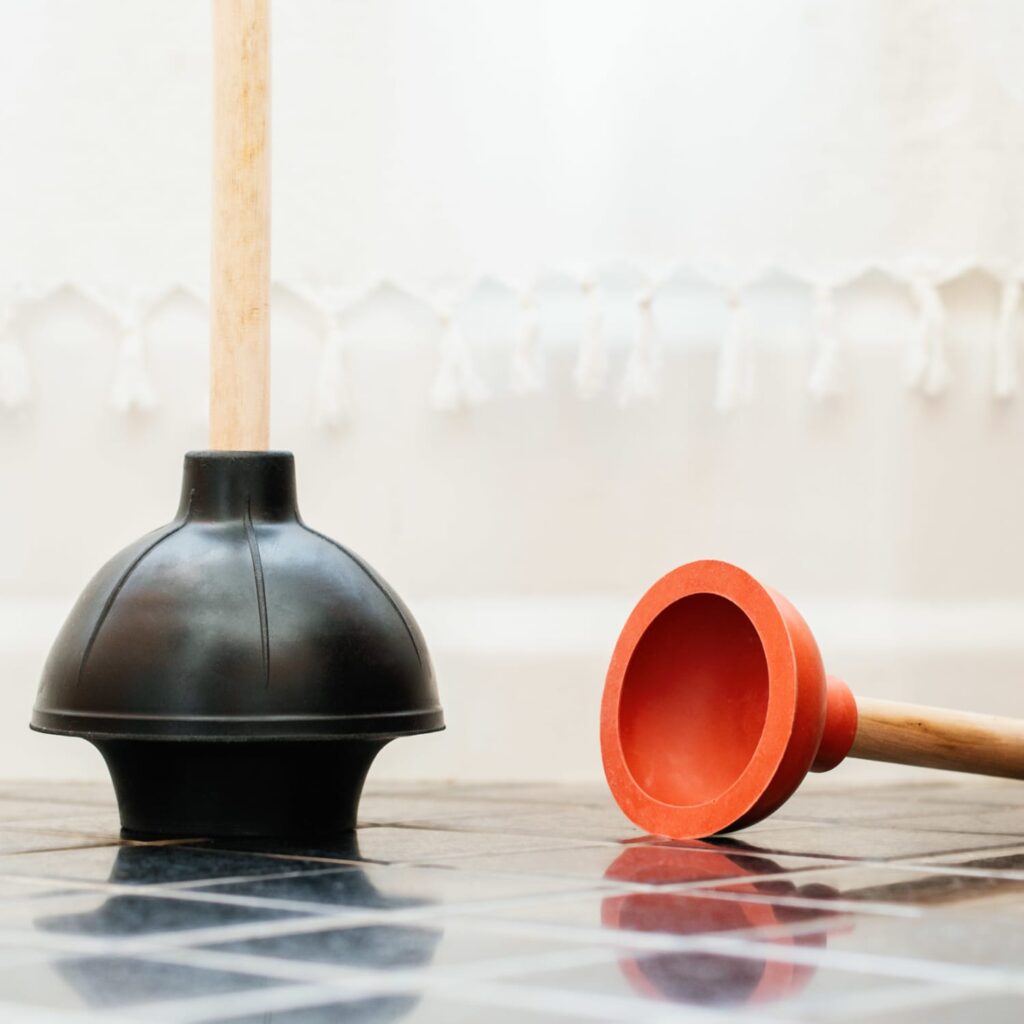
These are among the most common tools used by plumbers. Plumbers use these tools to clear clogs on sinks, bathtubs, showers, and toilets. They consist of a wooden or metallic rod fitted with a rubber cap. The rubber cup works by creating a vacuum that aids in sucking the clogged debris. Plumbers use heavy-duty plungers, which are more efficient with high suction powers.
7. Plumbers tape
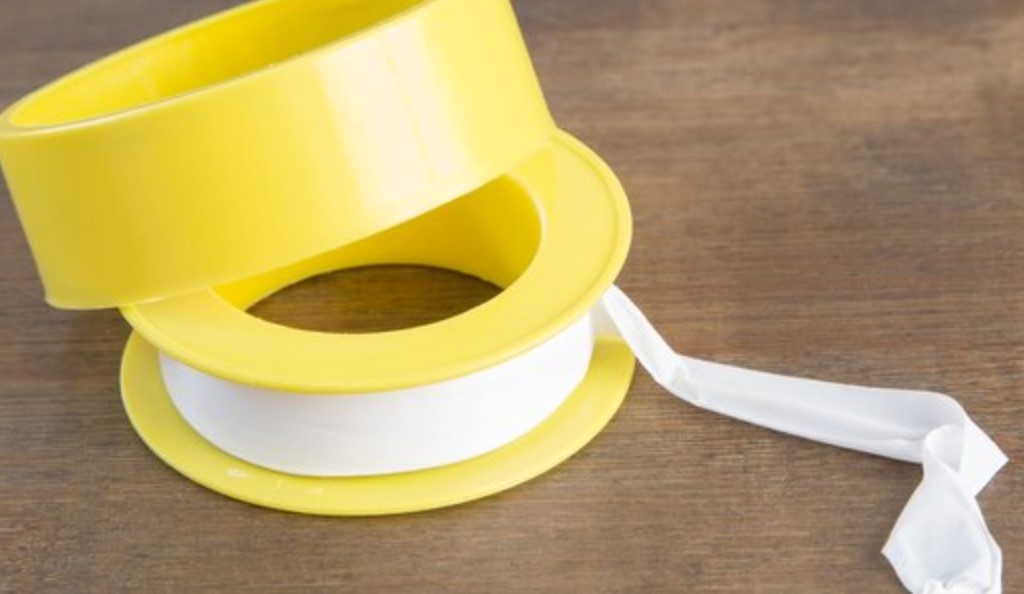
Have you ever wondered why plumbers use a thin white cello tape-like material to wrap around a metal thread? These tapes are called plumbers tape or thread sealing tape. They are used to seal threads of pipe fittings to prevent leaking. They are wrapped on the threads of plumbing systems such as showerheads, valves, and faucets, making a tight connection that prevents possible leakage.
8. Saws and cutters

These are essential tools that a plumber must always have. These tools come in handy when cutting and resizing plumbing systems is necessary at the time. They include:
- Hacksaws
Hacksaws are normally used to cut out pipes that have become too old or rusty, making it impossible to remove bolts and nuts. Saw blades should be properly maintained, and it is important to have extra blades to avoid inconvenience if one breaks.
- Hole saw
Like its name, this tool is used to cut holes through a wall or a floor to allow a plumber to run pipes through the holes.
- Tube and plastic cutters
All Day Plumbing plumber normally uses copper and plastic pipes, which need to be cut at the time of replacement or fittings. This is the point where these tools come in handy. These cutters work by clamping them on the pipe and then rotating them around the metal or tube until it is cut. A tight clamp must be made during each rotation, and metal or tube would be cut entirely.
- Washers
These are thin, round discs with a hole at the center fitted inside showerheads and faucets. Their work is very simple; to prevent leakage. Frequent maintenance of faucets and showerheads involves removing and replacing old worn-out washers.
- Pipe benders
These tools are used to bend pipes into different shapes. Different shapes are achieved according to the space the pipes ought to be installed.
9. Safety tools
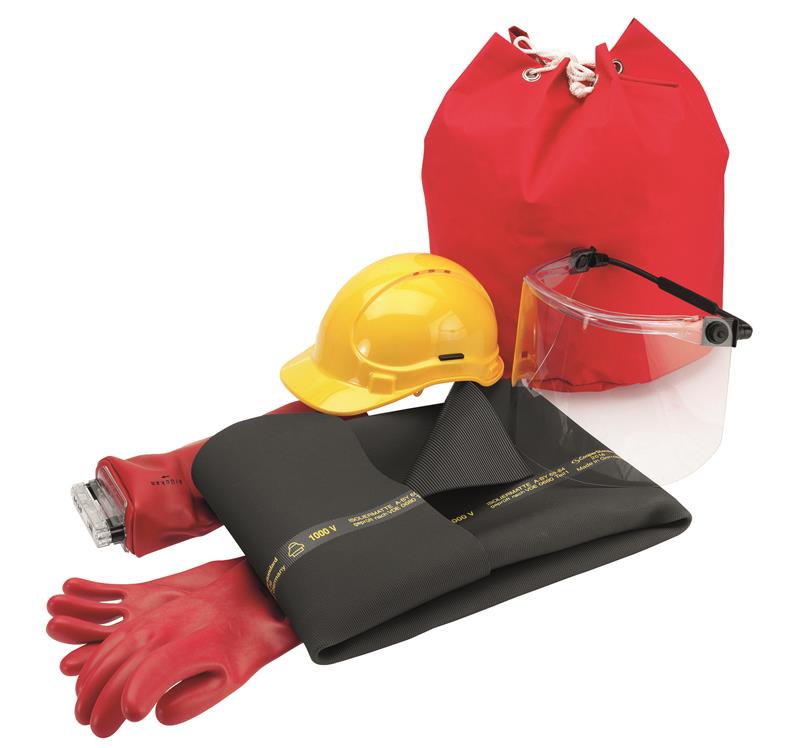
Plumbers must always stay safe at their job site. Therefore safety tools are essential for the protection of plumbers against accidents while executing their duties. We explore three main safety tools that are a must-have at the job site.
- Gloves
When working on wet metal pipes that are often slippery, plumbers should wear gloves to help them have a better grip of the metal. While working on toilets or bathtubs, plumbers should always wear gloves. This protects them from unhealthy spillage on their bare hands.
- Goggles
Plumbers may be exposed to dangerous spillage or falling objects while inspecting leaks or fitting roofing pipes. Goggles are, therefore, very essential to protect their eyes from any such accidents.
- Heat pads/Shields
Safety is more about yourself and the environment. As a plumber, you must protect yourself and the environment, especially when fire generating tools like plumbers’ torch. It is important to have a heat shield at your workplace to protect you and your environment, especially when soldering.


